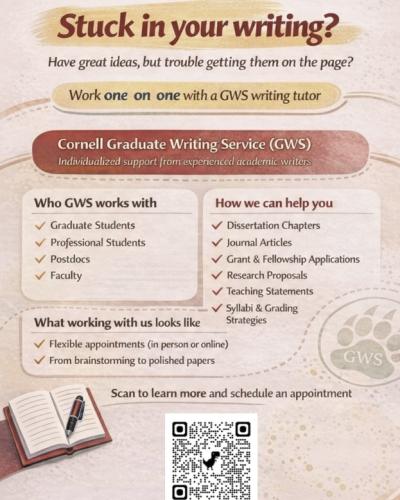Over the last several days, many FWS instructors have asked us if and how they should acknowledge and address the US 2020 election in their courses, so we have compiled here some resources and strategies for teaching during this trying week of the semester.
Preparing Students for Tough Conversations
Cornell University’s Intergroup Dialogue Project (IDP) presents “I“ Statements, a podcast where complexity, vulnerability, and curiosity collide. In each episode people with different identities come together to share their own beliefs, experiences, and perspectives, demonstrating the power and possibility inherent in communicating across difference.
A companion guide to IDP’ “I” Statements podcast, the guide includes brief descriptions of the episode and links to transcripts; discussion questions; writing prompts aimed at stimulating reflection on one’s own experience and beliefs; and related readings that can add additional perspectives and relevant information.
We have important societal problems to solve. To find the best path forward, we must have open and honest discussions about sensitive topics. In Beyond Bigots and Snowflakes, sociologist Ilana Redstone offers tools and techniques to begin the tough conversations necessary for more open dialogue across divides.
In a recent FWS Instructor Workshop, we explored the many ways that class discussions can help FWS instructors build collaborative, inquiry-based, student-centered classrooms; engage with wider a range of academic communication skills; create adaptive and inclusive learning environments; and better assess student learning. Many of the teaching ideas shared in this forum, particularly those focused on how to support students during tough conversations, may be useful for developing US Election Week 2020 lesson plans. Follow this link to a real time GoogleDoc | Facilitating Discussions Idea Swap where we have collected ideas for facilitating discussions in online seminars.
Teaching During US Election Week 2020
This guide includes recommendations for educators to assess their own readiness to talk about the election with students, reflect on the responsibility of educators to be aware of the issues surrounding the election and the power dynamics associated with them, and acknowledge the biases and assumptions they may be holding about their students. The remainder of the guide provides concrete suggestions on different levels of engagement with students on the election, ranging from just mentioning the election at the start of a class or event to one-on-one and group conversations about the election itself. It also includes complementary resources from other institutions. We hope this guide will help you communicate effectively across difference, bring people together in times of social and political distress, and strengthen our Cornell community. Access the IDP 2020 Election Guide
This guide suggests ways to engage and support students while teaching during the 2020 US Election and provides strategies for: acknowledging the moment and possible impact on students; recognizing that students may come from a range of perspectives, experiences, and countries, all affected to varying degrees by the US election; and providing structure for discussion. Access the CTI Guide for Teaching During the US Election
This Canvas site is intended to serve as non-partisan information, resources, tools for you to learn and share information with your students around voting. Please browse the pages and resources that have been developed for you to quickly access, promote, and encourage voter awareness, registration, and participation. If you have any questions or concerns, please contact us at cornellvotes@cornell.edu or connect with the Public Service Center at 607-255-1148. Cornell Votes Canvas Course




